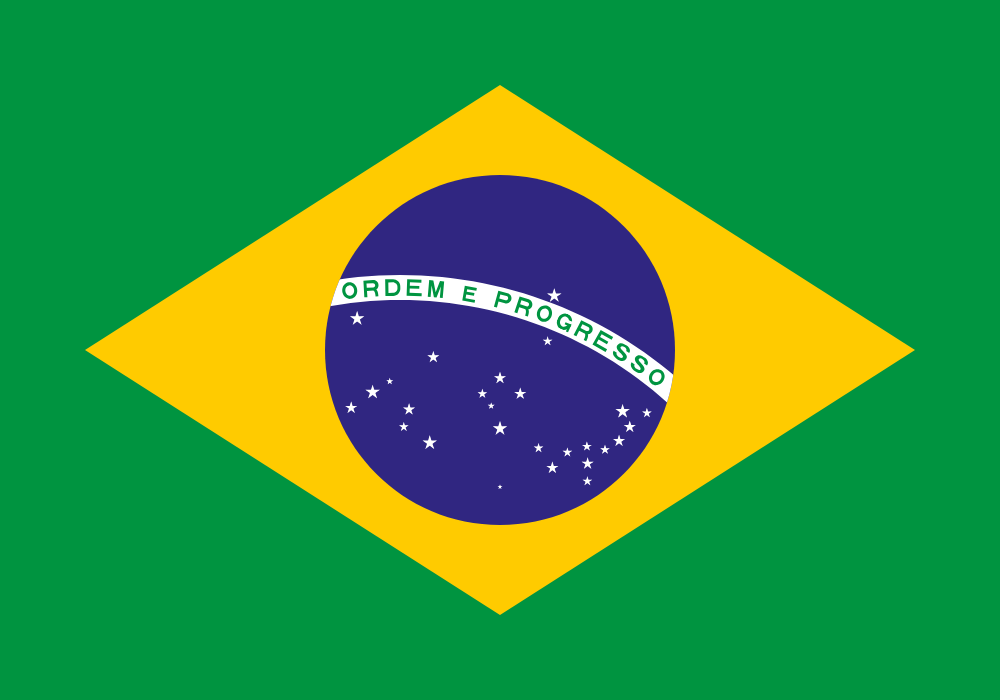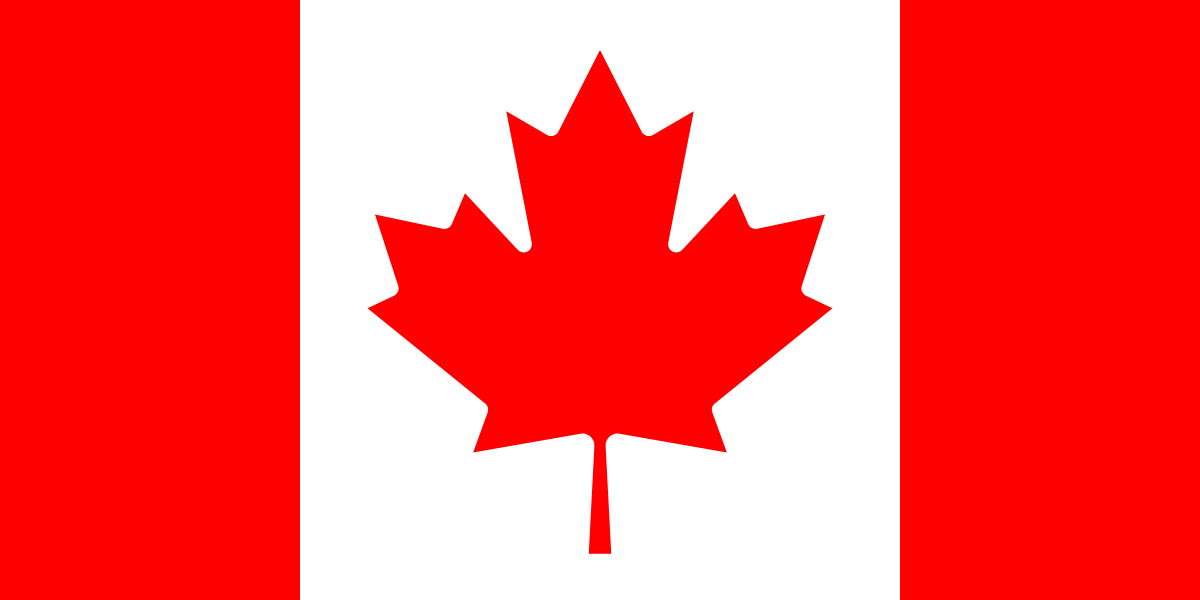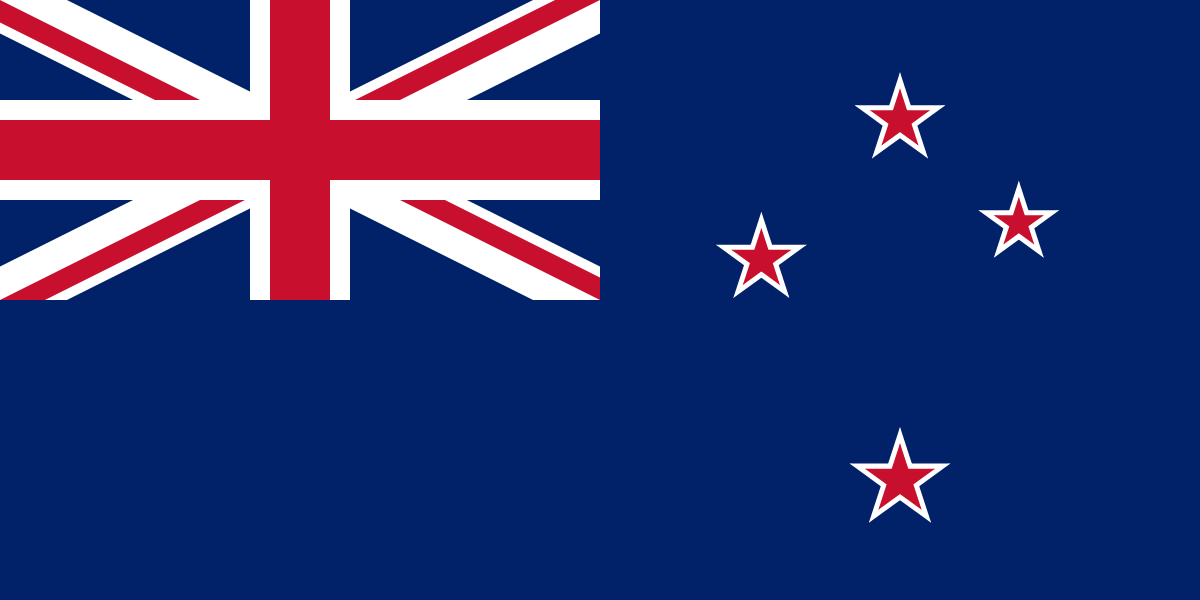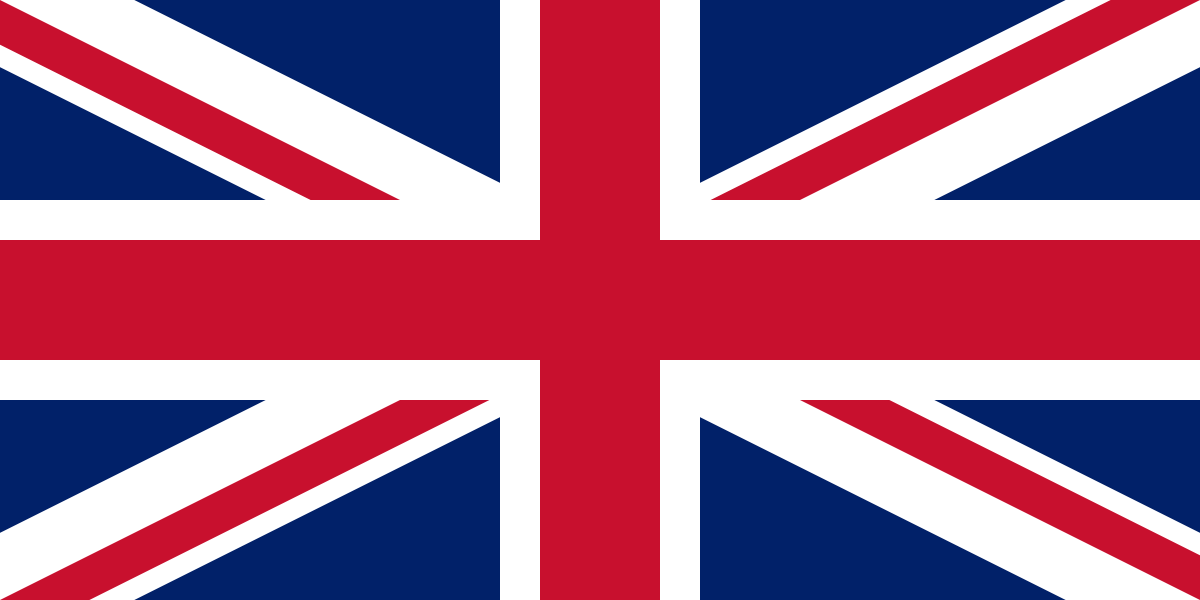5th of April, 2024, by Liudmila Schirmer
Two years after the legalization of single-event wagering in Ontario, Canada, the province’s gambling landscape is undergoing significant changes. As the market grows, there is an increasing focus on consumer protections and responsible gambling practices. This shift comes in response to growing concerns over the saturation of gambling advertisements and a perceived lack of accountability from operators.
A Public Opinion about Consumer Rights
A recent Maru Public Opinion poll, which surveyed 1,534 Canadians, revealed that 59 percent of respondents are in favor of a complete ban on gambling advertisements. This statistic highlights a rising discontent among consumers, who feel overwhelmed by the constant barrage of promotions. Alongside this, there is a widespread belief that operators are not sufficiently prioritizing responsible gambling, sparking calls for tighter government regulation.
While poll results are subject to interpretation, the sentiments expressed align with the ongoing public concerns that have emerged since the introduction of single-event wagering in April 2022. Sports broadcasts, particularly those featuring hockey games, have been dominated by sportsbook advertisements, which have contributed to the growing dissatisfaction among viewers.
This reaction is not isolated to Ontario. Similar concerns have been voiced in the United States, where efforts to impose a federal ban on gambling advertisements have been led by figures like Senator Paul Tonko. Although no state legislature has yet passed such a ban, there have been calls for stricter regulations to manage advertising within the sector.
Certain Concerns from Consumer Perspective
In response to these growing concerns, Ontario regulators have made notable adjustments to the market’s regulations. While the gambling sector in Ontario remains vibrant, the province is adapting its policies to address issues such as problem gambling and responsible gaming. These changes reflect a more balanced approach to both promoting the market and protecting consumers.
In recent months, the Alcohol and Gaming Commission of Ontario (AGCO) has introduced new advertising regulations that aim to curb excessive promotion. These include prohibiting the use of celebrities for gambling-related endorsements and restricting billboard placements in areas near schools or locations frequently visited by minors. These steps are intended to limit the exposure of gambling content to vulnerable populations. However, influencers are still allowed to promote responsible gambling messages, offering a more responsible approach to outreach.
Ontario’s increasingly strict advertising rules have positioned it as one of the toughest jurisdictions for gambling promotion in North America. As a result, many operators who once relied heavily on celebrity endorsements are now adjusting their strategies. Prominent figures like Wayne Gretzky and Connor McDavid, who were previously featured in advertisements, are now excluded from promotional content. However, McDavid has adapted by becoming the face of BetMGM’s responsible gaming campaigns, signifying a shift towards a more socially conscious approach within the industry.
Our Conclusion
Ontario’s commitment to consumer protection and responsible gambling practices is reshaping the province’s gambling market. As the industry continues to evolve, these changes demonstrate a growing recognition of the need for balance—ensuring the market remains both exciting for consumers and responsible in its operations. Take a look at the best Canadian Casinos on our page.










